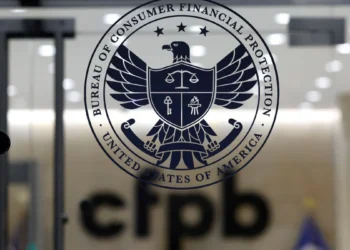Hong Kong has taken a major step forward in regulating digital finance with the Legislative Council’s passage of the Stablecoins Bill, introducing a formal licensing framework for fiat-referenced stablecoin (FRS) issuers.
The new legislation, welcomed by the government on Wednesday, is designed to enhance the city’s virtual asset regulatory environment, striking a balance between financial innovation and systemic stability. Under the soon-to-be-implemented Stablecoins Ordinance, any entity issuing a stablecoin pegged to fiat currencies—including the Hong Kong dollar—will be required to obtain a license from the Hong Kong Monetary Authority (HKMA).
Hong Kong has passed its Stablecoins Bill, creating a licensing regime for fiat-backed stablecoin issuers under the HKMA.????????????
The law sets strict rules on reserves, redemption, and AML, as the city races to lead in global Web3 finance.⚖️ pic.twitter.com/Rt1vCKyHZ3
— Moby Media (@mobymedia) May 21, 2025
The licensing regime will impose strict requirements around reserve asset management, redemption mechanisms, risk controls, and consumer protection. Issuers must demonstrate robust systems for asset segregation, maintain a stable value mechanism, and ensure retail redemption at par value under reasonable conditions. Additional compliance rules cover anti-money laundering (AML), counter-terrorist financing, disclosure, auditing, and fit-and-proper standards for operators.
The law also limits stablecoin promotions to licensed issuers only, curbing the risk of scams and unregulated offerings. Retail investors will only be allowed access to FRS issued by licensed firms. A six-month transition period will allow the industry to adapt and prepare licensing applications.
Christopher Hui, Secretary for Financial Services and the Treasury, emphasized that the regulation is grounded in the principle of “same activity, same risks, same regulation,” aligning Hong Kong with international standards. HKMA Chief Executive Eddie Yue added that the framework is “risk-based, pragmatic, and flexible,” offering a secure path for stablecoin innovation.
The ordinance is expected to take effect later this year. The government also plans to consult on future regulations for over-the-counter (OTC) and digital asset custodial services as it prepares a second policy statement on virtual asset development.
Further reinforcing Hong Kong’s ambitions, Financial Secretary Paul Chan reiterated during the recent Hong Kong Web3 Festival that the city aims to become a global hub for blockchain and digital assets. He emphasized that a balanced regulatory approach is key to bridging traditional finance with the emerging digital economy.
If you want to read more news articles like this, visit DeFi Planet and follow us on Twitter, LinkedIn, Facebook, Instagram, and CoinMarketCap Community.
“Take control of your crypto portfolio with MARKETS PRO, DeFi Planet’s suite of analytics tools.”





















